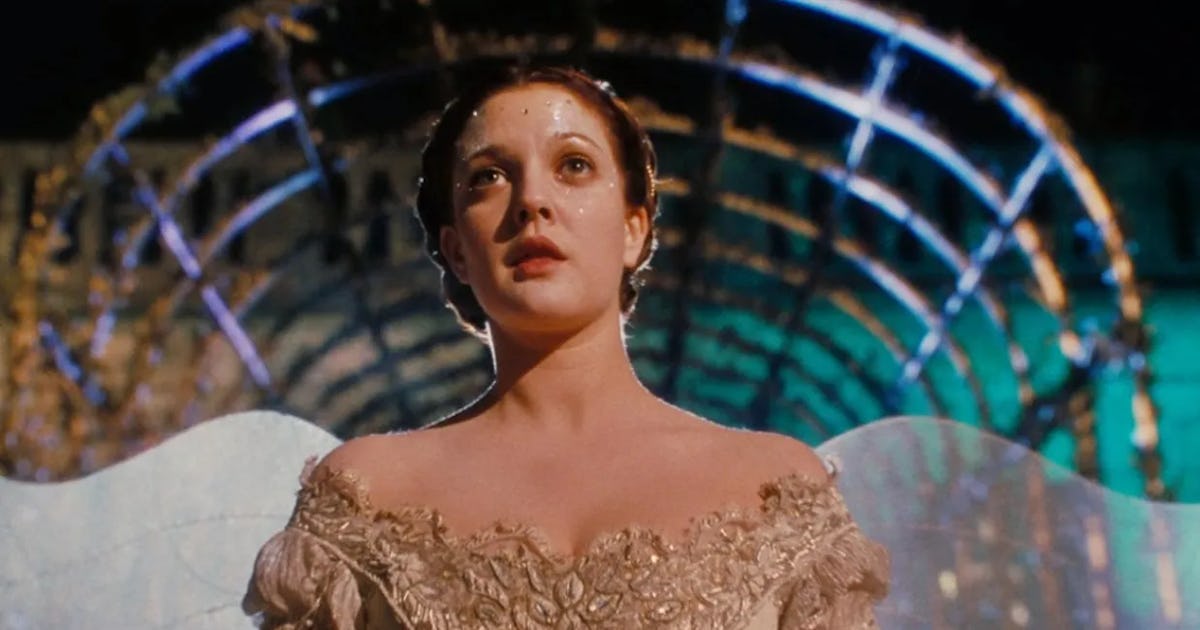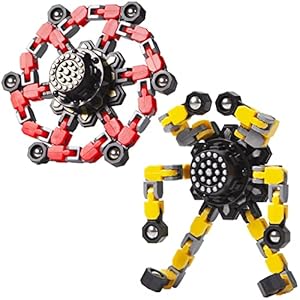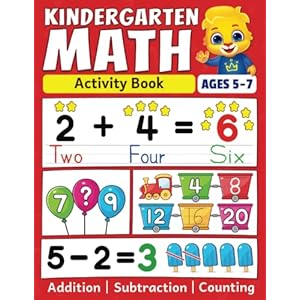
Everybody loves an excellent, old school fairy tale. There’s simply one thing euphoric about escaping right into a fantasy world, leaving your whole real-life issues behind, and immersing your self in a spot the place something is feasible. To not point out, there are the entire essential life classes that fairy tales can train us as nicely: be cautious of strangers, be form to others, don’t contact sharp, pointy spindles on spinning wheels. (OK, that final one ought to kinda go with out saying, however you get the thought.) And whereas there have been many (many, many) live-action adaptations of various Disney classics all through the years, considered one of my all-time favorites must be the 1998 film Ever After, which presents a singular, historic depiction of the story of Cinderella.
Starring Drew Barrymore within the titular function, the film takes place throughout the French Renaissance and follows the journey of a younger lady who’s pressured into servitude by the hands of her merciless stepmother within the wake of her father’s dying. Many features of the story parallel its animated counterpart, besides in a single very huge manner: zero magic is concerned. There’s no fairy godmother, no pumpkins turning into carriages, no mice morphing into human kind — the supernatural parts of the story are all gone. However whereas that change-up might initially sound like an enormous mistake, I’m right here to argue that the dearth of magic really works on this movie’s favor.
It’s Extra Relatable
Magic is nice, however given its lack of existence in the actual world, it’s not one thing audiences can actually relate to as a result of we have now no firsthand expertise with it. That’s a giant a part of what makes it so thrilling, however it might probably additionally create a distance between the viewers and the characters since we are able to’t absolutely perceive what they’re going by. However Ever After modifications that dynamic. As a substitute of introducing supernatural features to the story, it dives into extraordinarily relatable subjects like love, friendship, grief, and jealousy.
Within the animated iteration of Cinderella, we’re given zero data as to why the evil stepmother is so merciless to her form and caring stepdaughter. I at all times wrote it off as if she have been merely a mean-spirited individual. Finish of story. Nevertheless, Ever After means that there’s extra to this lady than meets the attention. She’s nonetheless merciless, however it seems to stem from grief and jealousy — grief over the lack of her husband, whom she really appeared to like, and jealousy over how far more he appeared to like his daughter than her. It doesn’t excuse her habits or actions by any means, however it positively helps to clarify her motivations and provides the character some depth. It doesn’t make me like her, however it additionally doesn’t make her hate her fairly as a lot, which one may argue is a kind of miracle in itself.
Magic Is Enjoyable, However Can Be Distracting
So lots of at this time’s live-action depictions of Disney movies contain some kind of magical ingredient. Ursula performs a magical spell to offer Ariel legs and steal her voice in The Little Mermaid; the younger prince and his servants are positioned below a curse by an enchantress in Magnificence and the Beast; Aladdin befriends a genie and magic carpet. I may go on and on. And although these mystical features are enjoyable and thrilling, they can be used as a crutch at occasions, leaving much less room for character growth and deeper storylines, as I discussed earlier relating to the evil stepmother.
Granted, you could possibly argue that these are child movies and don’t essentially want deeper meanings to be satisfying. And also you’re proper. However that doesn’t imply that each depiction of each Disney movie has to observe that magic-centric components. As a result of typically an underlying message or lesson will be simply as significant, if no more so, than supernatural hijinks.
It Proves That Generally Actual Life Can Be Simply As Magical
I’ve at all times loved sure features of Cinderella, however one a part of the story by no means sat nicely with me: how the prince may solely work out who Cinderella was by having her foot match into the glass slipper. Was this man’s reminiscence so horrible that he actually couldn’t slender it down higher by himself? I’m sorry, however that’s a direct purple flag for me, my pal. Him not having the ability to acknowledge the girl he supposedly fell in love with if she’s sporting rags as a substitute of a ballgown kinda takes away a number of the romance from the scenario, to be sincere. However Ever After skips over that nonsense. His incapability to acknowledge her because the servant who threw an apple at him at first of the movie is less complicated to digest because it highlights the unfairness at school construction that existed throughout that point. (Royalty would by no means look a servant within the eye.)
Positive, the shoe nonetheless will get left on the ball, however it isn’t used as a method for Henry to seek out her. He slips it on her foot on the finish as a manner of displaying his dedication to her and accepting her because the sturdy, unbiased, free-thinking lady that she is. That’s a lot sexier than haphazardly shoving a slipper on any/each lady’s foot within the kingdom.
Ever After manages to be charming all by itself with out all the opposite bells and whistles, proving that you simply don’t want magic to create a fairy story masterpiece and ship a fortunately ever after.
Trending Merchandise











